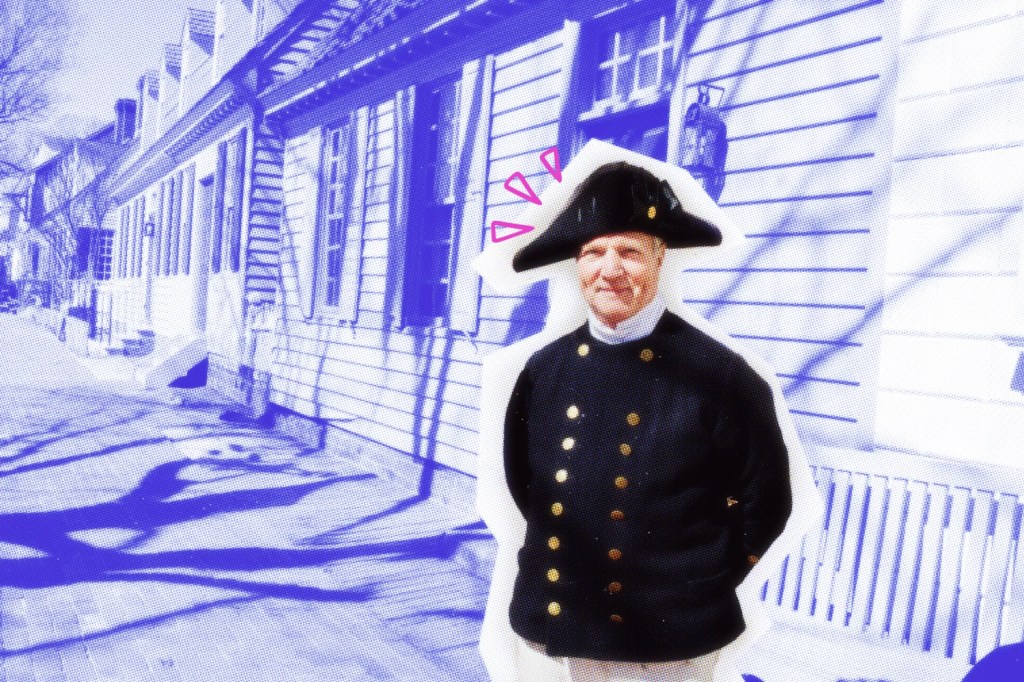The Fourth of July may be all about the Founding Fathers, but we want to celebrate founders of a different kind. For generations, small business owners throughout the country have put it all on the line to pursue their dreams. In doing so, they’ve become vital parts of their communities.
So to celebrate, we want to turn the clock way back and highlight a handful of the types of small businesses that helped keep things running in colonial America.
Trades of Colonial America
1. Printer
In the 1700s, printers published all types of printed materials,1 from pamphlets to newspapers. In fact, the first popular newspaper of the era was the British-subsidized Boston News-Letter — which focused on news from Europe — and ceased production the same year that the Declaration of Independence was signed. The Boston Gazette was a colonial-made rival paper that was famously critical of the British and was launched in 1719.
Printing Today
There are a number of modern-day small businesses that could be considered the equivalent of printers. One would be independent presses that often publish everything from indie books, chapbooks, and even zines. Another would be graphic designers. You may think that graphic designers primarily work in digital spaces, but some work in formatting to help prepare marketing materials for printing.
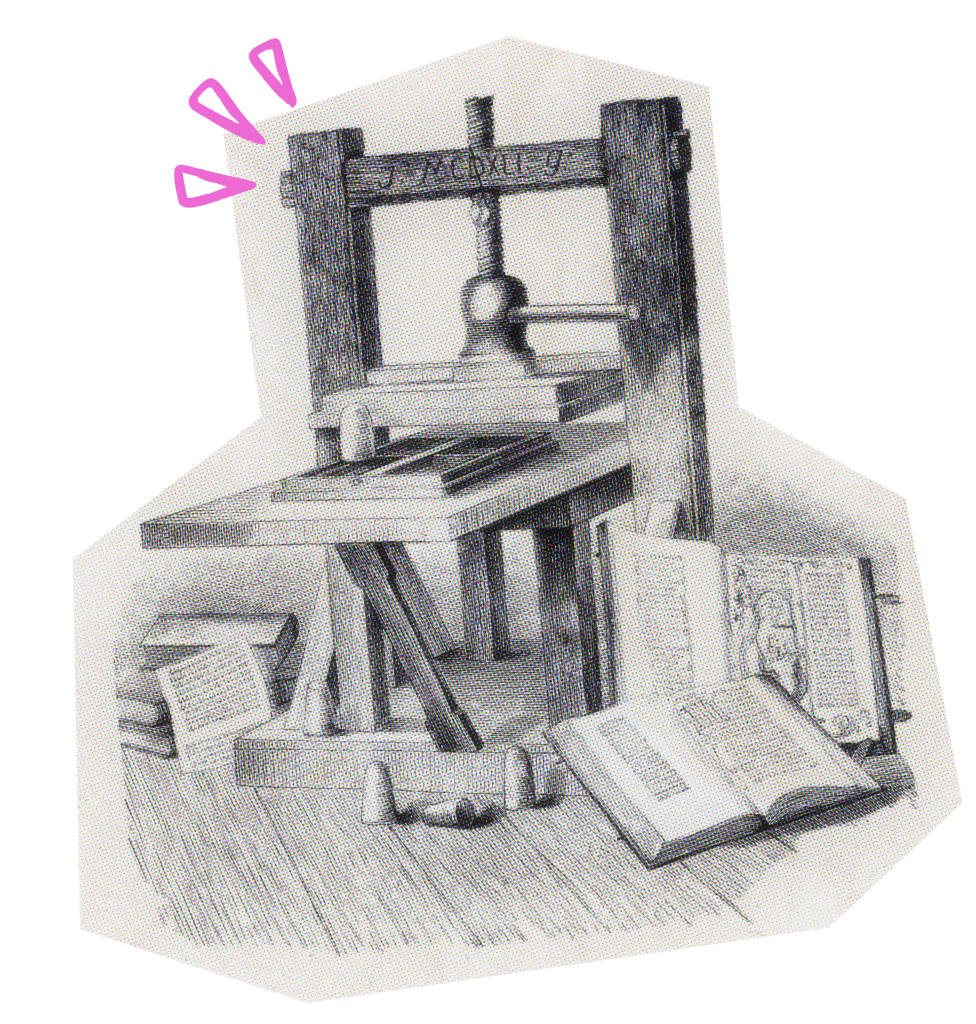
2. Apothecary
These historical drugstore owners did more than just sell medicine. An apothecary could serve as their community’s physician and surgeon. They often imported ingredients from around the world that were believed to have medicinal qualities at that time. They even offered their own homemade treatments to help customers with their maladies.
Apothecaries Today
Believe it or not, there are still apothecaries — though they’re far less common. There also are other small businesses that provide similar services as apothecaries did in the Revolutionary Era. Homeopathic practitioners provide similar nontraditional treatments for everyday maladies. And a number of lifestyle professions such as massage specialists, physical therapists, and even spas can help treat physical ailments.
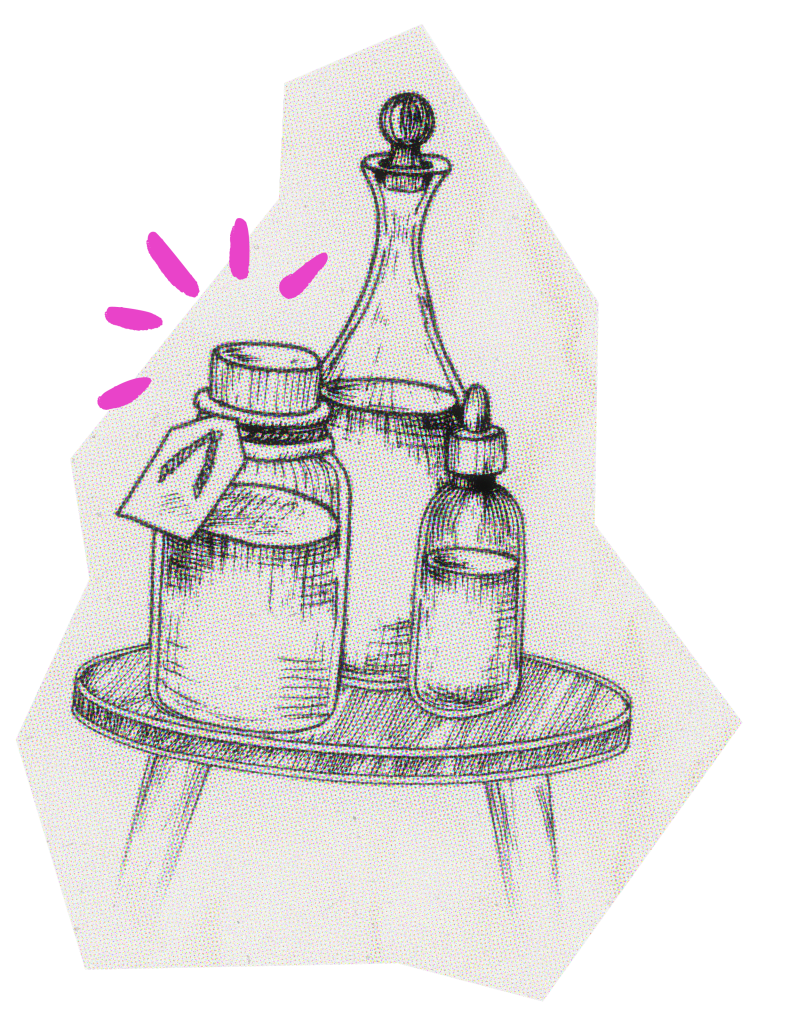
3. Saddler
When European settlers arrived in North America, they brought horses with them. Horse ownership was typically limited to the wealthy. In turn, saddlery became a very profitable trade as well-off horse owners sought out equipment that was both high quality and stylish. Saddlers were skilled in making a variety of saddles (and other accessories), based on what type of rider a customer was. These might include side saddles, jockey saddles, and saddles designed for hunters.
Saddlers Today
Horses may not be the most common form of transportation these days, but equestrians are still a sizable market. Saddlery retailers and designers still exist today. Even outside the saddle market, similar skills are used for a number of other purposes. Leather crafters often make and sell artisan and bespoke pieces for customers, such as wallets, shoes, and other leather accessories.
4. Cobblers and Shoemakers
Another trade that focused on much-needed wearables, one important detail that set cobblers apart from saddlers was that their trade was not limited to the wealthy. The industry became particularly important in the 18th century when colonial settlers frowned on buying shoes from the British. Shoe workers often specialized in certain types of shoes and materials. Cobblers, for example, were focused on repairing shoes rather than making them.
Shoemakers Today
In the era of mass manufacturing, shoe work has obviously become more niche. But in many communities, you can still find specialists who offer shoe repair services. And while they don’t make shoes, many independent shoe stores offer a more personalized experience than larger retailers offer. Typically, they’ll offer sizing services, and they even may work with you to learn more about your gait and how it affects your shoe needs.
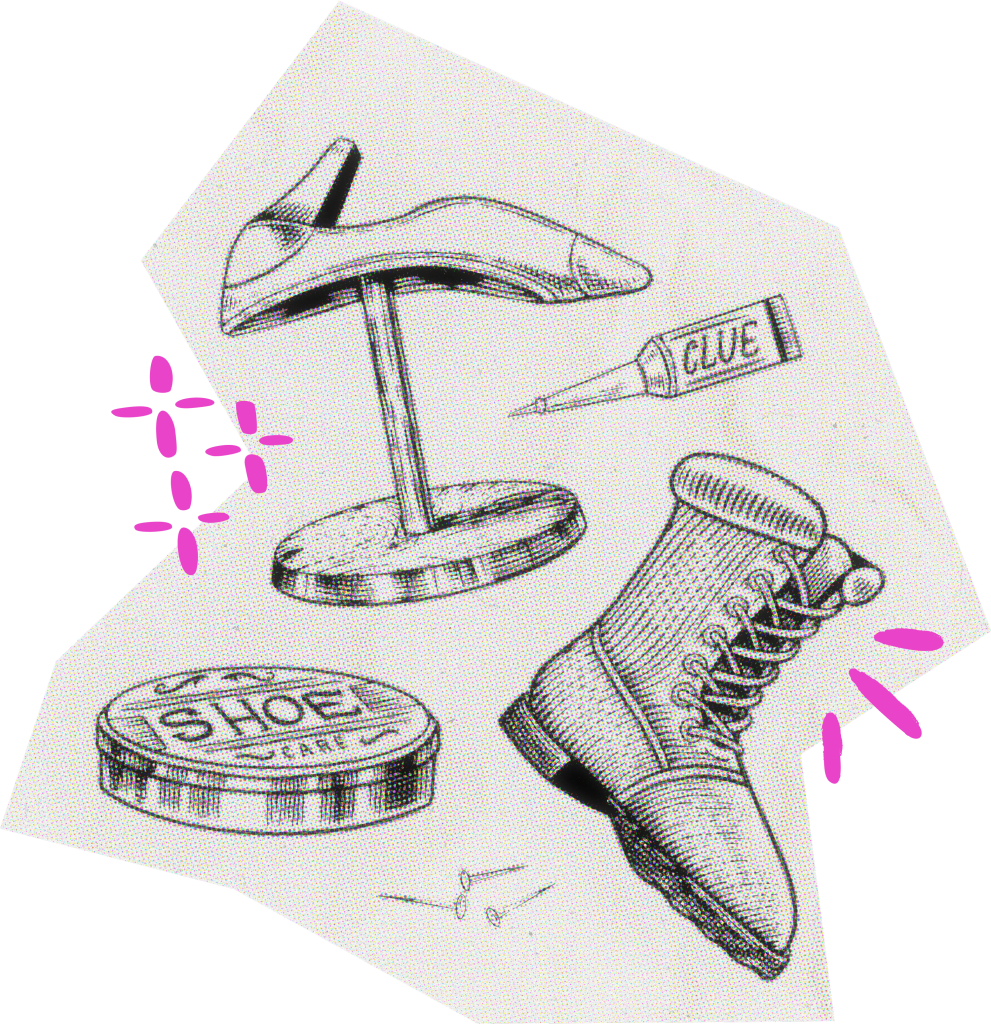
5. Housewright
One crucial trade in colonial America was the housewright.2 These skilled craftsmen were builders and carpenters of timber homes. Some even cut down and prepared their own lumber.3 They pioneered the colonial architecture style, which involved adapting structures based on their environment. 4
Housewrights Today
Some housewrights still exist today — they’re typically builders specializing in colonial-style homes. However, the skills used by colonial housewrights also have been adopted by other professions such as contractors, carpenters, and architects.
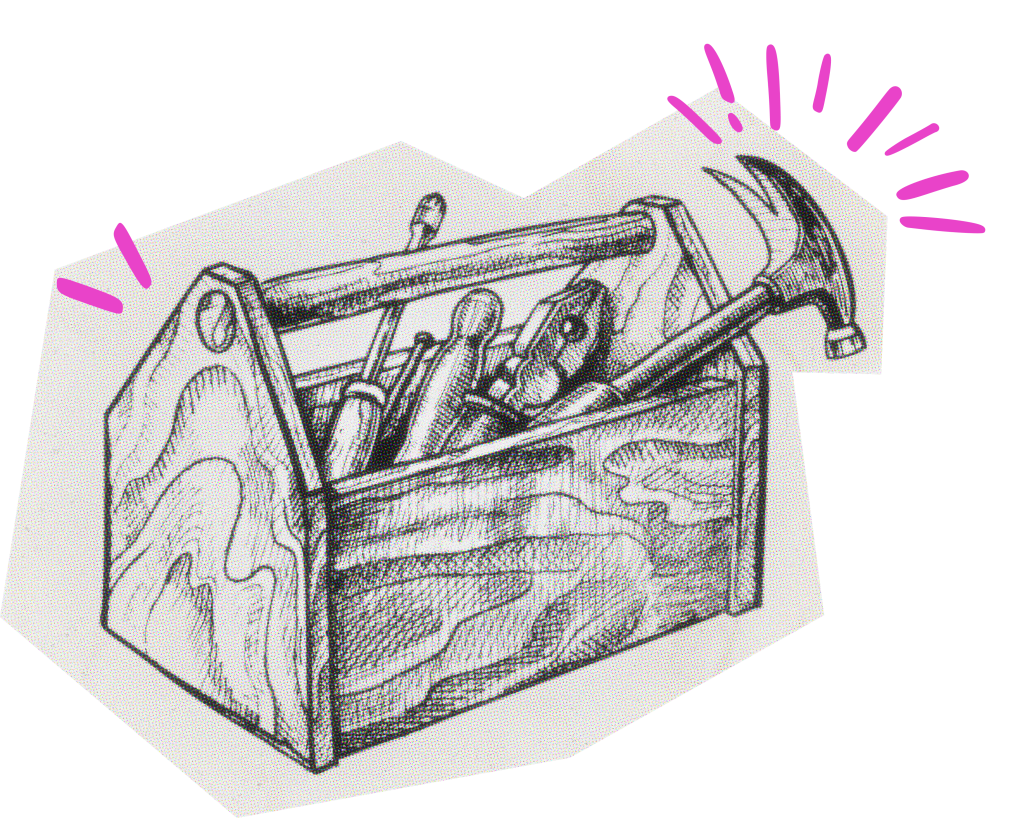
Business Insurance Then and Now
Did you know that insurance in the U.S. dates back to the 1700s?5 Insurance may have evolved over the years as risks have changed, but one thing has stood the test of time — protecting what you’ve worked hard for is important.
As the founder of your own small business, you know how much time and effort goes into getting things running, and keeping them running. Small business insurance is a crucial safeguard against the unexpected. Without sufficient coverage, even a relatively minor claim could be a big hit to your wallet. Is it worth the risk?
We don’t think so. That’s why we’ve made finding insurance tailored to what you do quick and easy. When you use our online quote comparison tool, you can:
- Search policy types recommended for your industry
- Compare quotes from trusted insurers
- Buy and get proof of coverage straight to your inbox
All in one place. All in just minutes.
Small Business, a Big Part of History
One thing has been true for generations: A wide variety of accessible resources can make for a stronger community. Independent businesses throughout history have been the backbone of society, and the same is true today. As a small business owner, you serve a vital role to your town, city, and even just your neighbors by offering an alternative to big business. And this July, we want to thank you for all you do to enrich the lives in our communities.
References:
- https://www.history.com/articles/13-colonies-jobs ↩︎
- https://www.smplanet.com/teaching/colonialamerica/culture/occupations ↩︎
- https://rei-ink.com/word-of-the-day-housewright/ ↩︎
- https://www.architecturaldigest.com/story/colonial-architecture-everything-you-need-to-know ↩︎
- https://www.investopedia.com/articles/financial-theory/08/american-insurance.asp ↩︎
